10 Things Every Parent Should Know About Natural Consequences

Raising kids is one of life’s greatest challenges—and rewards. As parents, it’s tempting to cushion every fall, correct every mistake, and steer our children away from failure. But what if stepping back is actually the most powerful move we can make?
That’s where natural consequences come in. Instead of punishment or forced discipline, natural consequences allow children to learn by experiencing the results of their actions in real time. It’s how they build accountability, self-reliance, and decision-making skills.
Here are ten things every parent should understand about natural consequences—and why embracing them might be the smartest parenting move you’ll ever make.
1. Natural Consequences Are Powerful Teachers
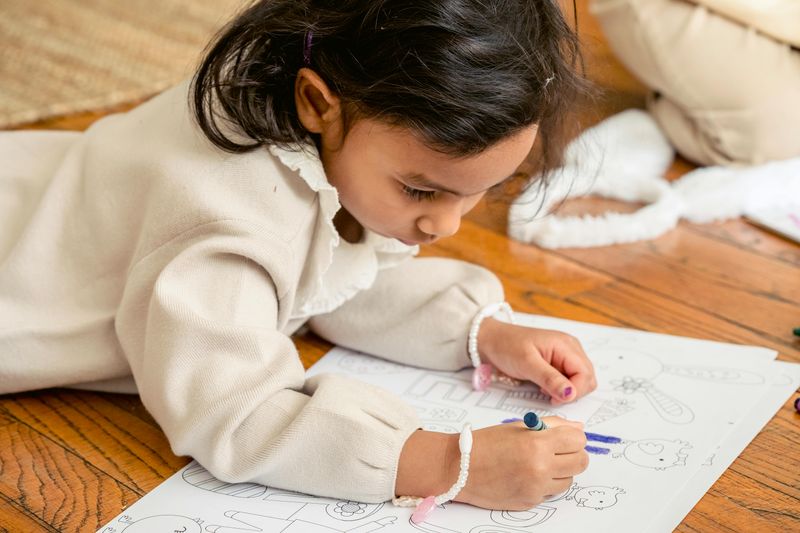
Kids learn best when they connect their actions to outcomes in a meaningful way. Being told not to leave their toys outside doesn’t have the same impact as watching their favorite action figure get soaked in the rain.
When children experience these cause-and-effect moments directly, they begin to develop responsibility. These lessons stick longer because they aren’t imposed—they’re real, personal, and often emotional. That emotional tie creates true learning.
Instead of lecturing or punishing, allow space for those lessons to unfold. Your role isn’t to control every result—it’s to support and guide your child as they navigate those lessons on their own terms.
2. Resist the Urge to Rescue
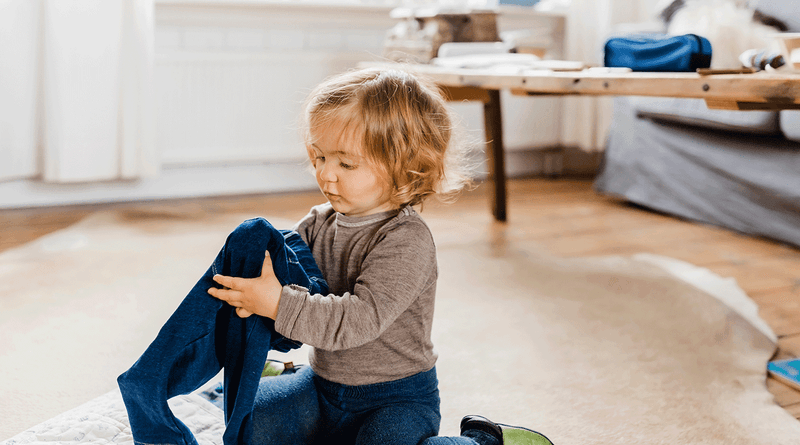
Seeing your child struggle can tug at your heart. Whether it’s a forgotten lunchbox or a missed deadline, your instinct may be to jump in and fix it. But doing so can hinder your child’s growth.
Rescuing removes their opportunity to learn. When you step in too soon, they lose the chance to develop coping skills and figure out how to make things right next time.
Instead, offer support without solutions. Let them stumble in safe situations so they can build the resilience they’ll need later in life. Learning to sit with discomfort—and overcome it—is one of the greatest tools you can give them.
3. Not All Consequences Are Safe—Use Discretion
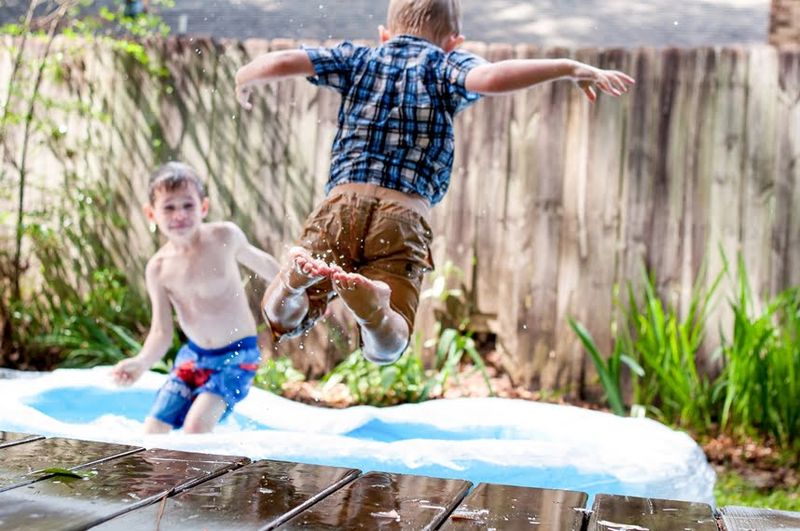
Sometimes stepping back can be dangerous. If your child wants to climb a wobbly fence or skip wearing a seatbelt, that’s a moment to step in—not a time to let a lesson unfold naturally.
Natural consequences should only be allowed when the risk is reasonable. The goal is growth, not harm. Letting a child get mildly cold from not wearing a jacket is fine—but frostbite isn’t a lesson they need to learn the hard way.
Use your best judgment to distinguish between safe learning and real risk. Being a responsible parent means knowing when to allow mistakes—and when to step in with guidance.
4. Timing Matters—Don’t Over-Explain in the Moment
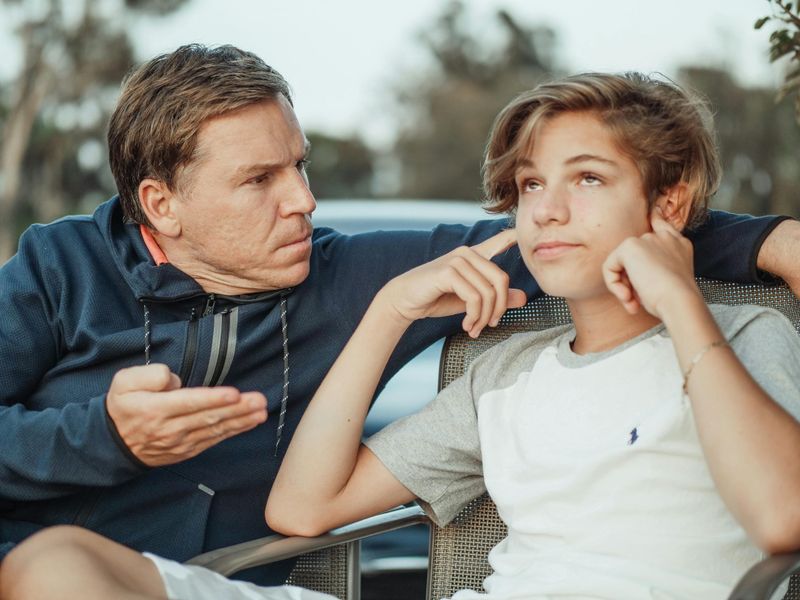
Right after a natural consequence hits, your child might feel embarrassed, frustrated, or overwhelmed. That moment is not ideal for a teachable lecture.
When emotions run high, children aren’t in the best state to process information. Instead of trying to explain or rationalize the outcome, stay present. Offer a comforting presence or allow silence—whichever fits the moment best.
Once your child calms down, that’s your window. Reflect together. Ask open-ended questions like, “What could you do differently next time?” Keep it simple. This allows the experience to sink in and promotes reflection instead of resistance or shame.
5. Trust That Discomfort Leads to Growth

No parent wants their child to feel disappointed, frustrated, or left out. But these experiences are often the stepping stones to wisdom and resilience.
Letting your child face discomfort teaches them how to adapt. Maybe they forgot to pack their gym shoes and had to sit out of PE—next time, they’ll be more mindful. These moments help shape stronger habits and deeper awareness.
Discomfort builds grit. It shows kids that mistakes don’t define them—they guide them. It’s okay to let them feel the sting of a poor choice. You’re still supporting them—but allowing the world to be their teacher, too.
6. Use Empathy, Not Shame
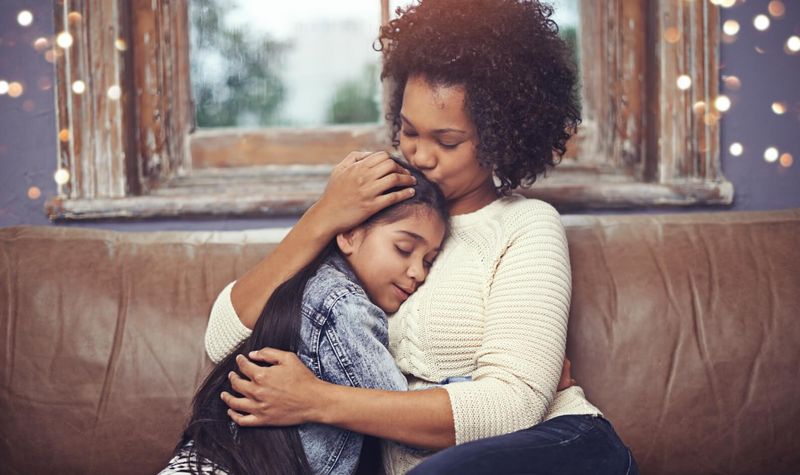
Your child doesn’t need to be reminded of their mistake with a heavy dose of “I told you so.” What they need is compassion and understanding.
Responding with empathy helps your child feel seen and safe. A gentle comment like, “That must have been tough,” opens the door to learning without fear or shame. It reinforces that mistakes are part of life—not something that makes them unlovable or “bad.”
Shame shuts kids down. Empathy invites them to reflect, adjust, and grow. Your reaction sets the tone for how they’ll handle challenges—not just now, but for the rest of their lives.
7. Natural Consequences Work Best With Consistency
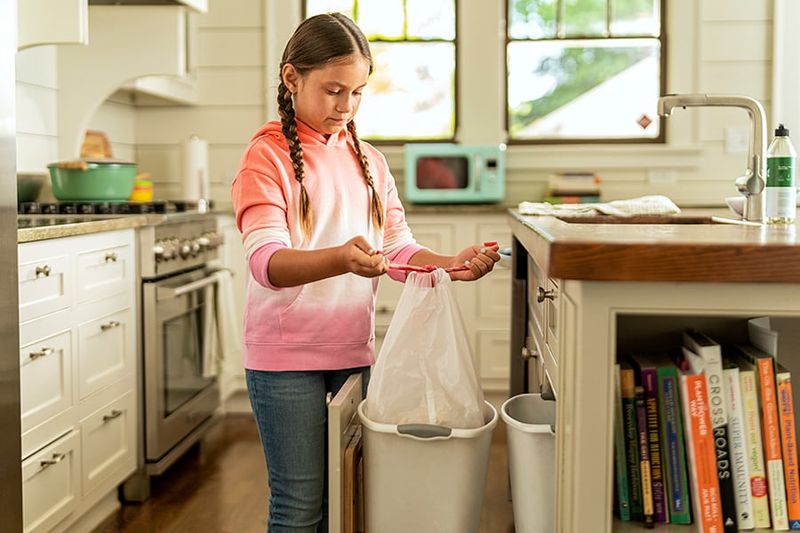
If your child sometimes gets bailed out and other times doesn’t, the lesson gets muddy. Inconsistency confuses them—and can lead to manipulation or bargaining.
Children thrive on predictability. If they know that leaving their bike in the driveway means it might get rained on, and that rule is consistently honored, they begin to take responsibility seriously. But if consequences are avoided half the time, they may gamble instead of learning.
Consistency doesn’t mean rigidity—it means being reliable. Set clear expectations, and let the outcome naturally unfold. Over time, this builds a deep understanding of how choices affect real life.
8. Let Children Own the Solution
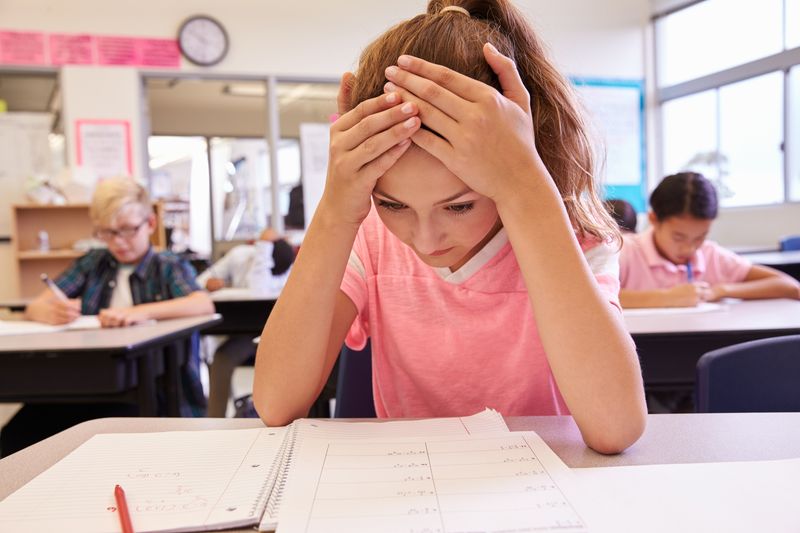
After a mistake, it’s tempting to immediately offer solutions. But guiding your child to brainstorm their own fix is far more empowering.
When a child forgets their homework, ask, “What could you do next time so you remember?” This encourages reflection and problem-solving. The process is as important as the answer.
Owning the solution gives your child agency. It says, “You’re capable of fixing this,” rather than, “You need me to fix everything.” This builds confidence and decision-making skills—traits that will serve them long after childhood ends.
You’re not just solving a problem. You’re raising a capable human being
9. Natural Consequences Aren’t Punishment
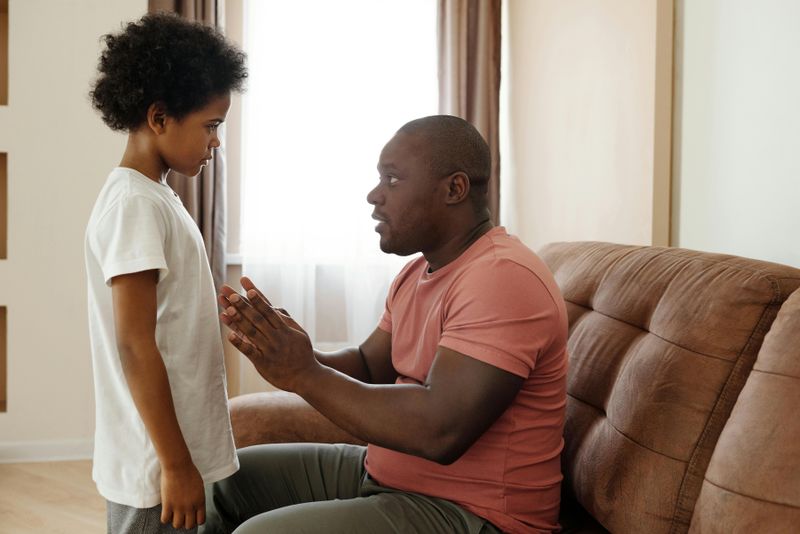
It’s easy to confuse natural consequences with discipline, but the two are fundamentally different. Punishment is imposed. Natural consequences are the result of a child’s own behavior.
If a child refuses to eat dinner and ends up hungry, that’s a natural result—not a parent-enforced penalty. It’s simply life doing the teaching. The distinction matters, because it removes the power struggle.
Kids become less resistant when they realize you’re not “out to get them.” You’re just allowing reality to unfold. This fosters cooperation rather than rebellion—and teaches accountability without needing threats or bribes.
10. Be Patient—Learning Takes Time
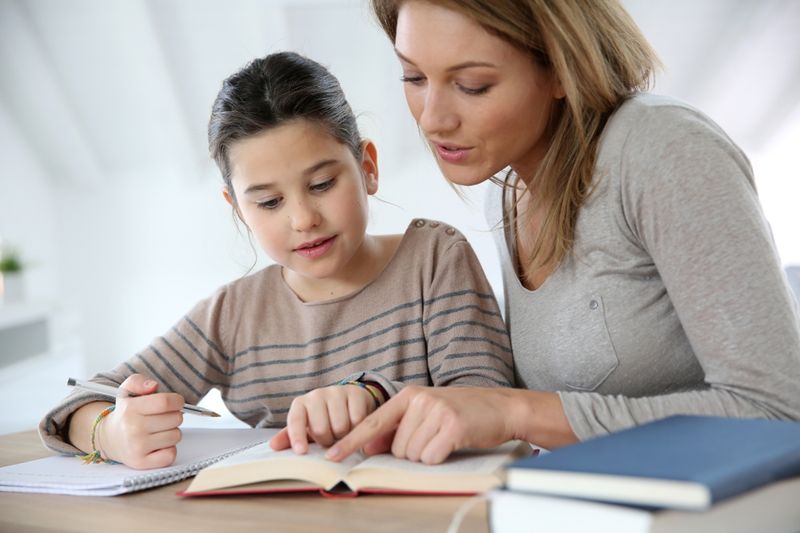
One consequence won’t magically fix a behavior. Just like adults, kids need repeated experiences before lessons really sink in.
You might see the same mistake made more than once. That’s normal. Learning isn’t linear, and your child is still figuring out how the world works. Stay consistent, stay calm, and keep showing up with empathy.
Over time, those small moments compound. Your child will begin to make better choices—not because they fear punishment, but because they understand how their actions shape outcomes. That’s true growth—and it’s worth the wait.

Comments
Loading…